#virve
Explore tagged Tumblr posts
Text
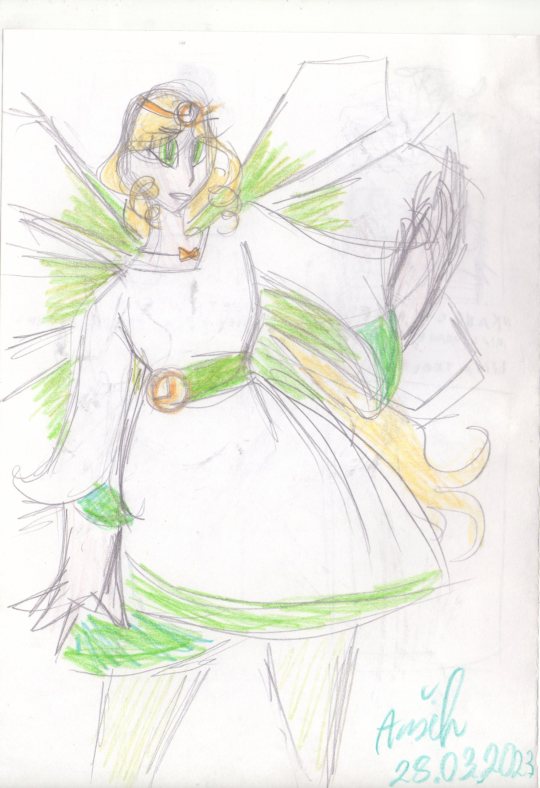
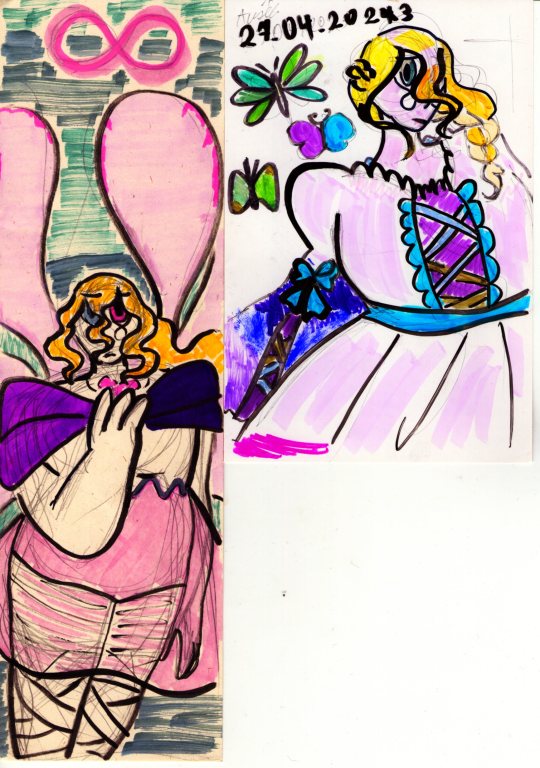
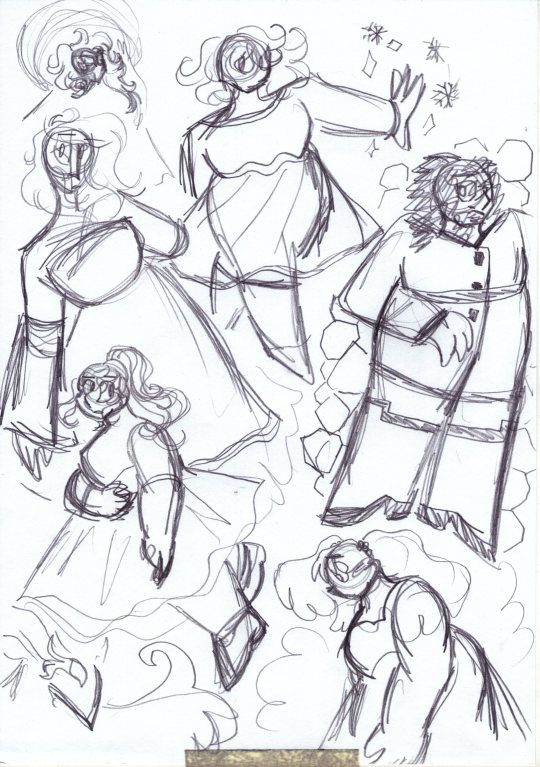
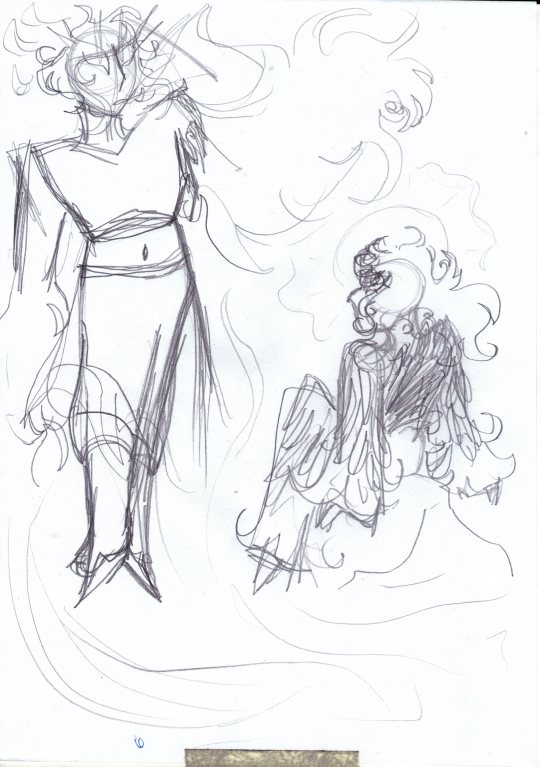
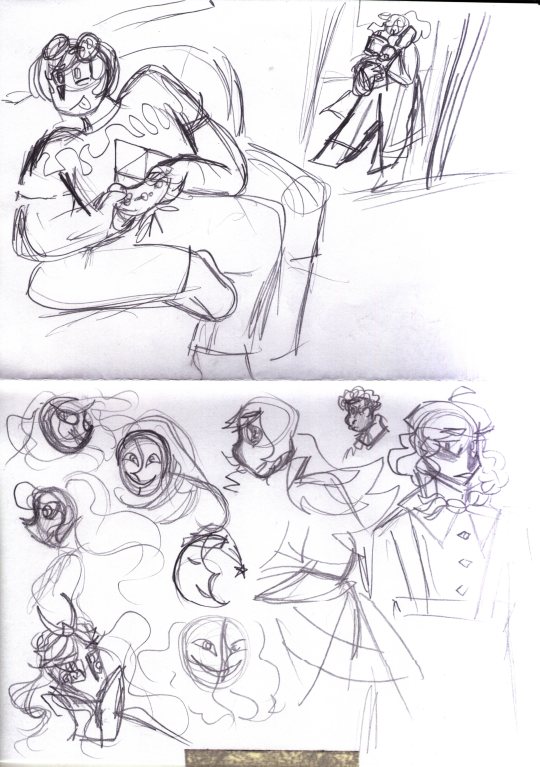
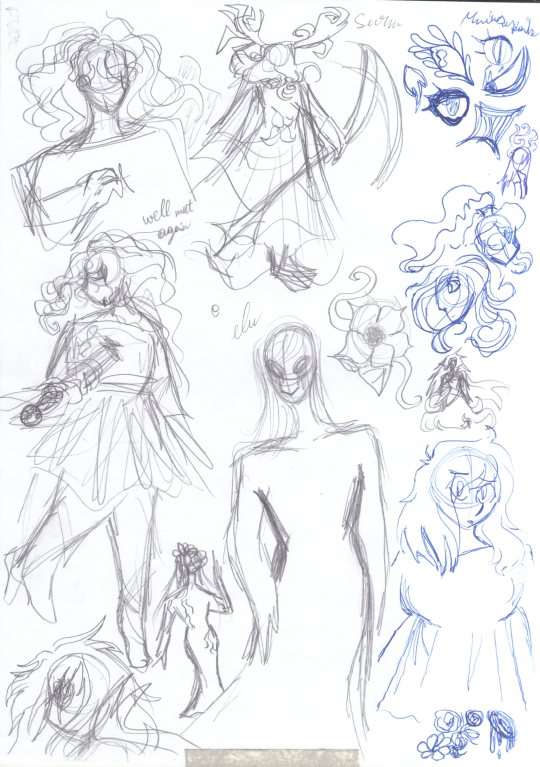
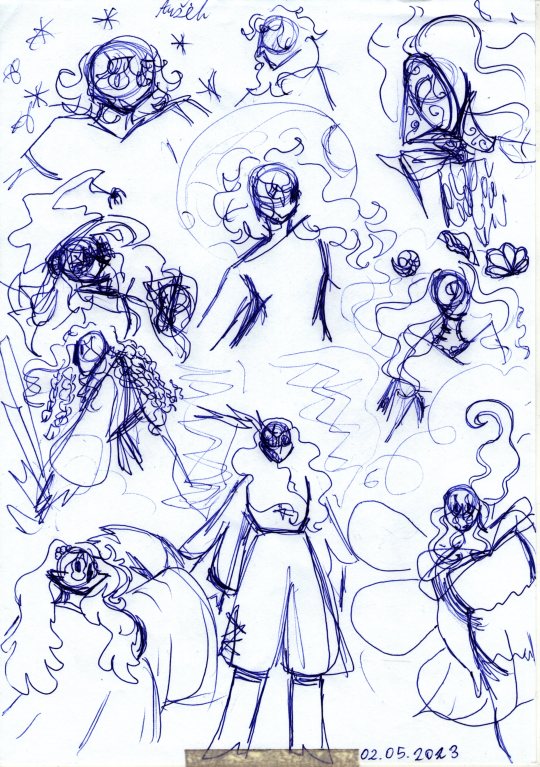
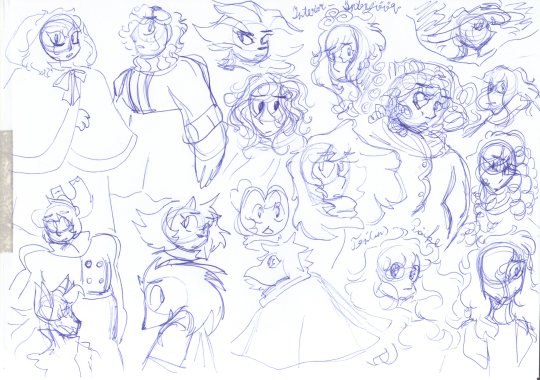
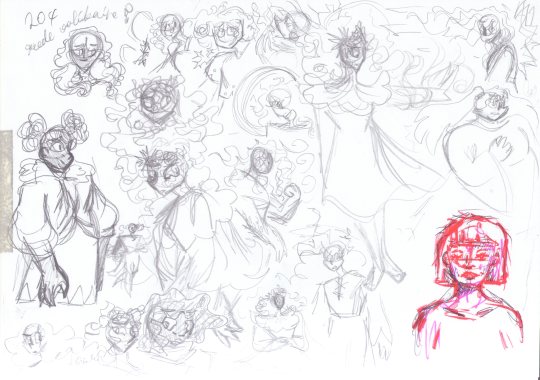
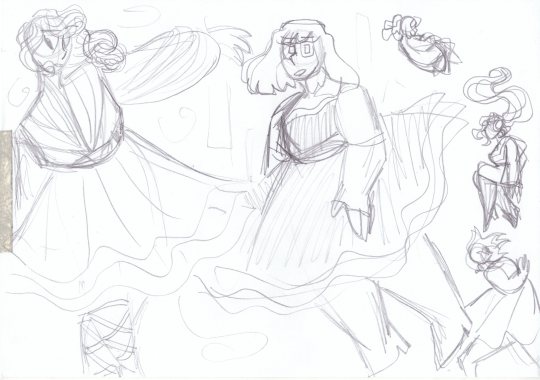
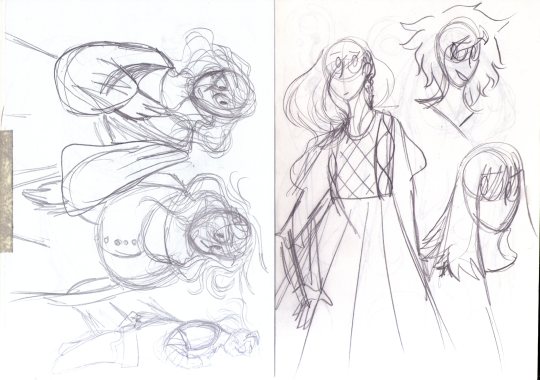
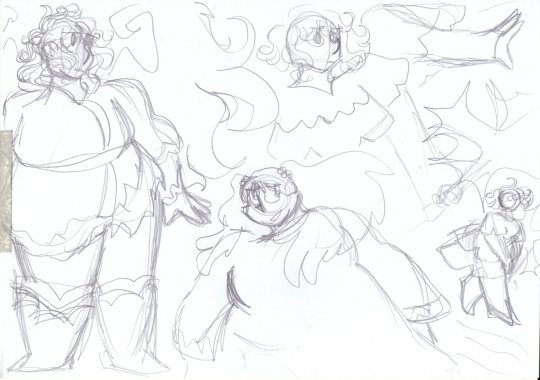
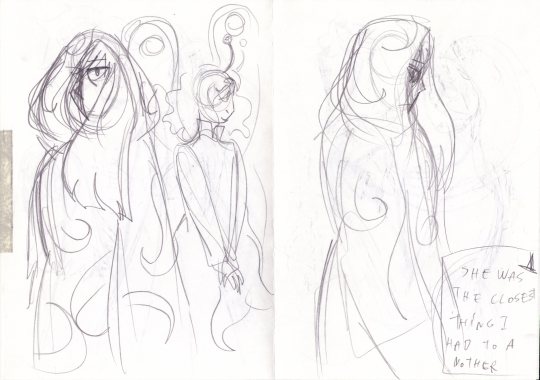
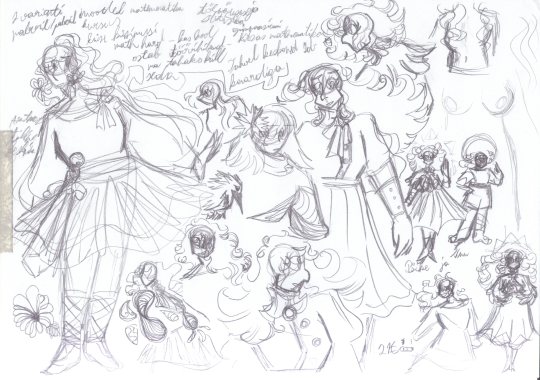
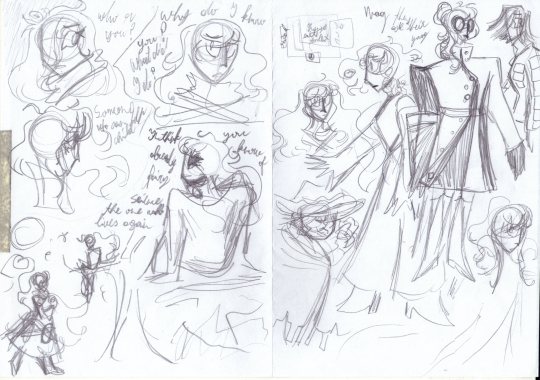
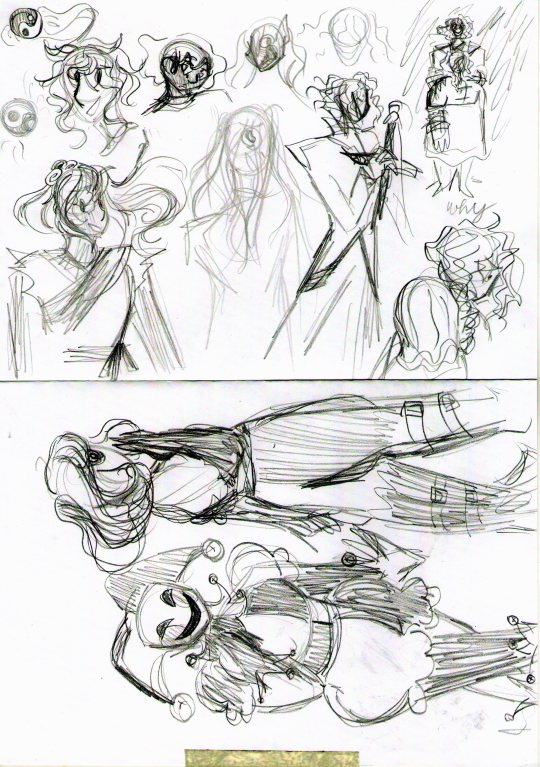
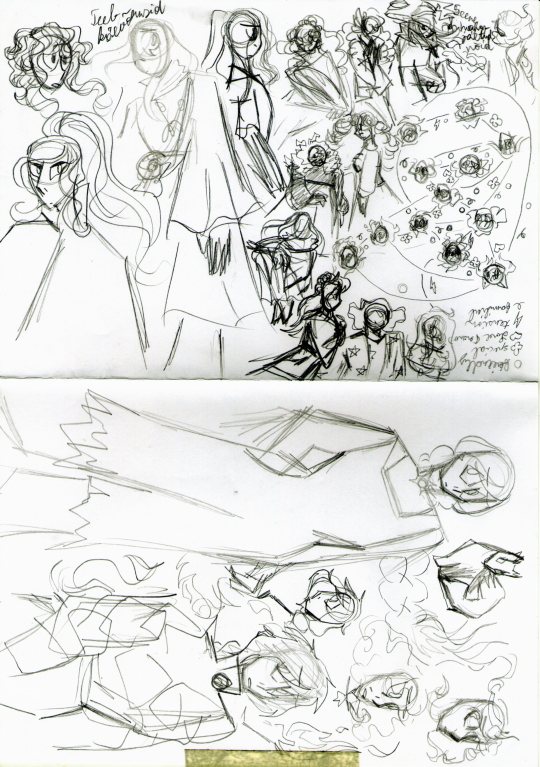
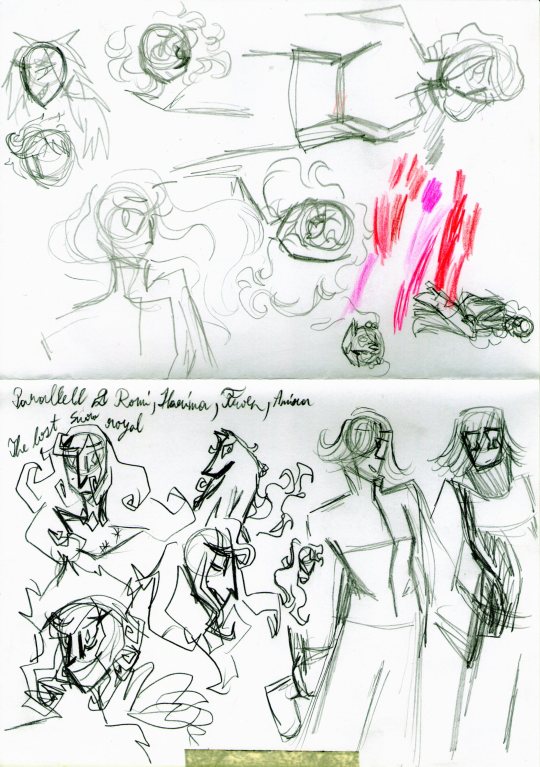
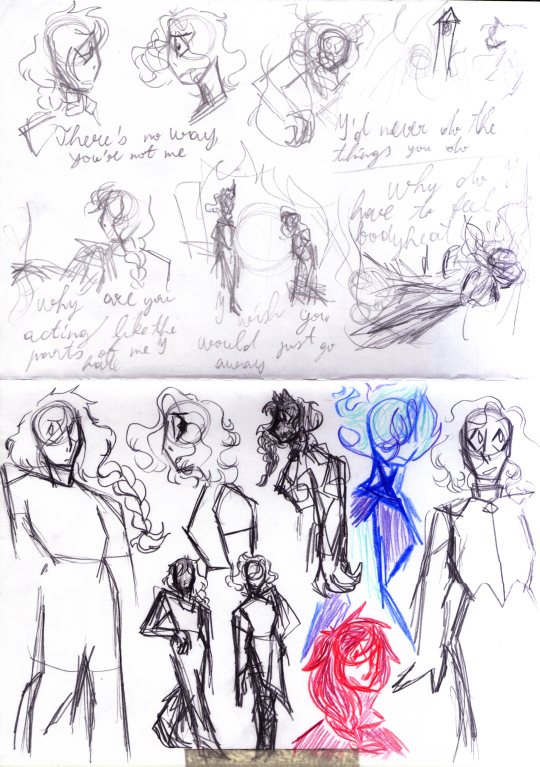
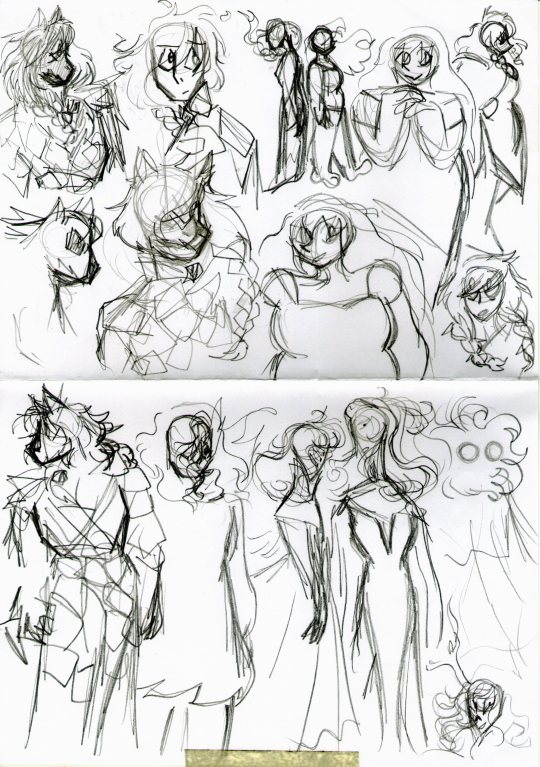
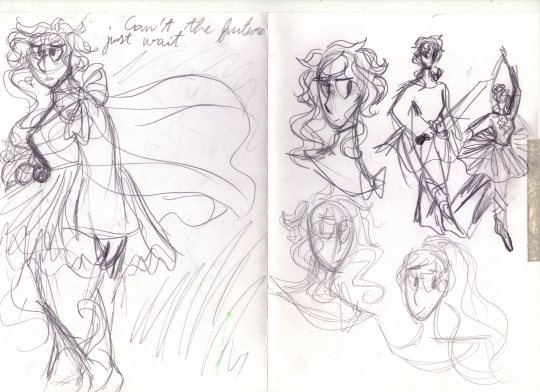
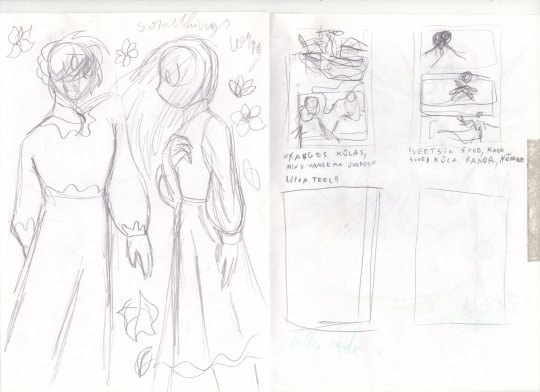
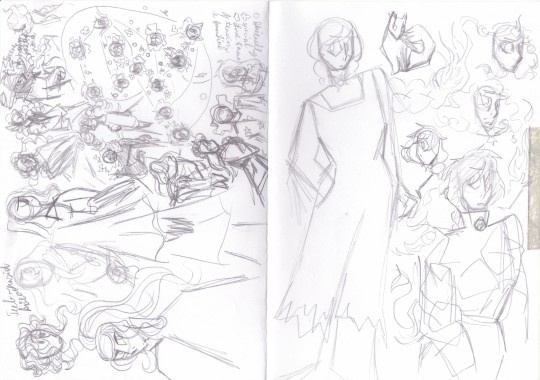
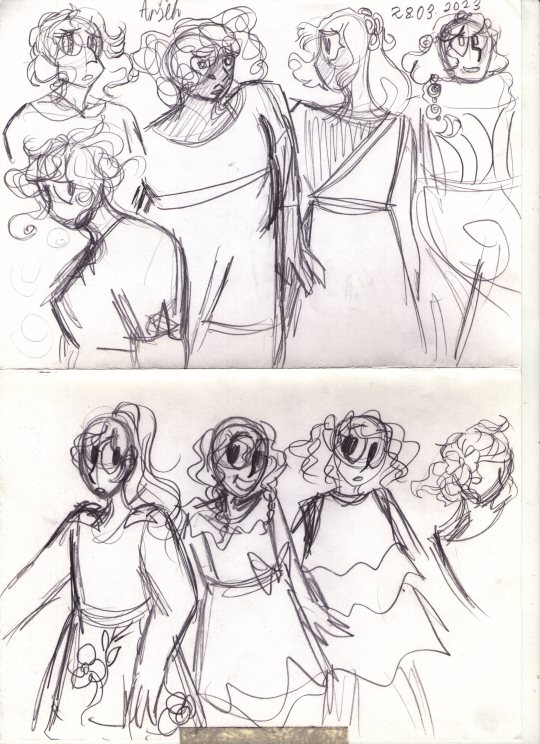
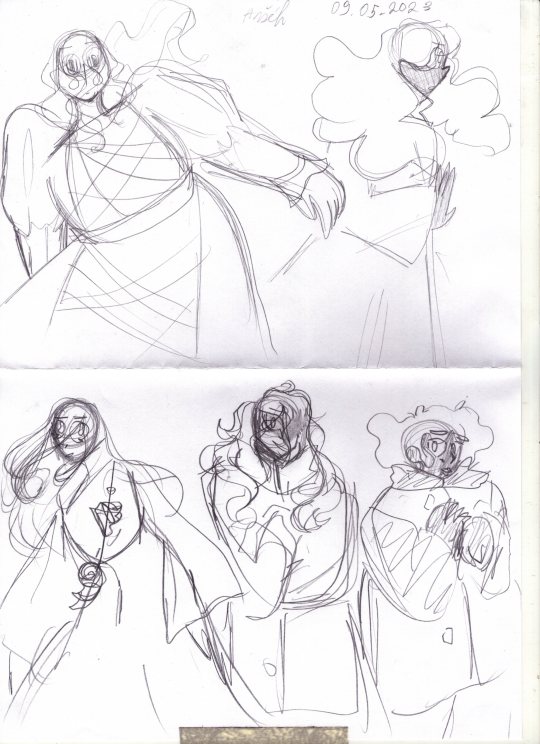
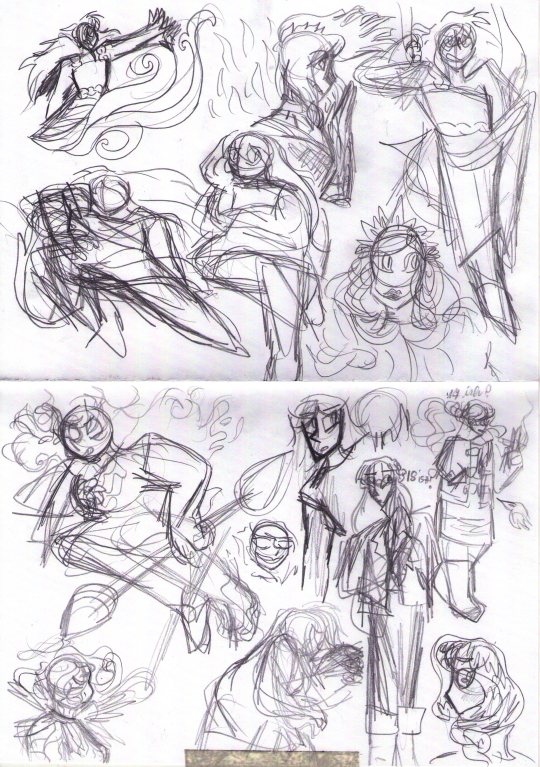
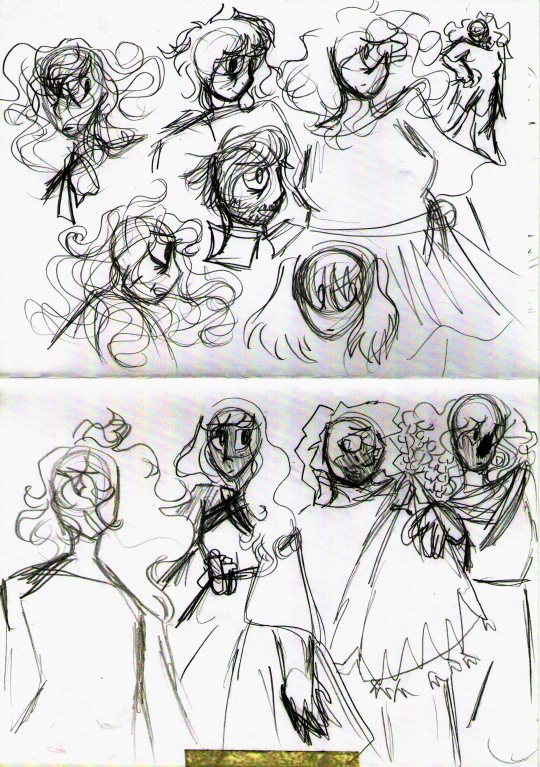
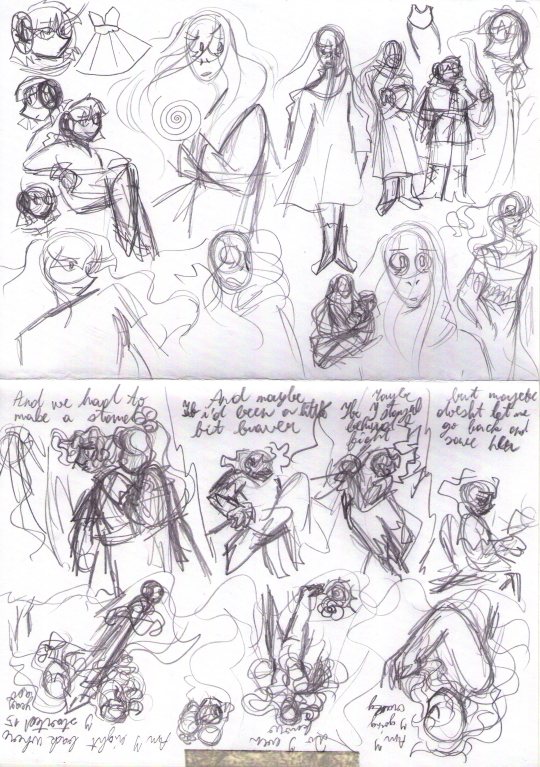
i need to post oc sketches somewhere so convoluted creation oc Sketches!!!
#sketches#ansikunst#anshiel's art#saffi#Silja#convoluted creation#Kuu#Fööniks#dana#ocs#original characters#1st gen#2nd gen#3rd gen#aleses#erlen#romia#harima#sara#Virve#Ruby#zelah#di#an#Helle#Asmiall#mari#pilvi#Ginal#Triin
3 notes
·
View notes
Text
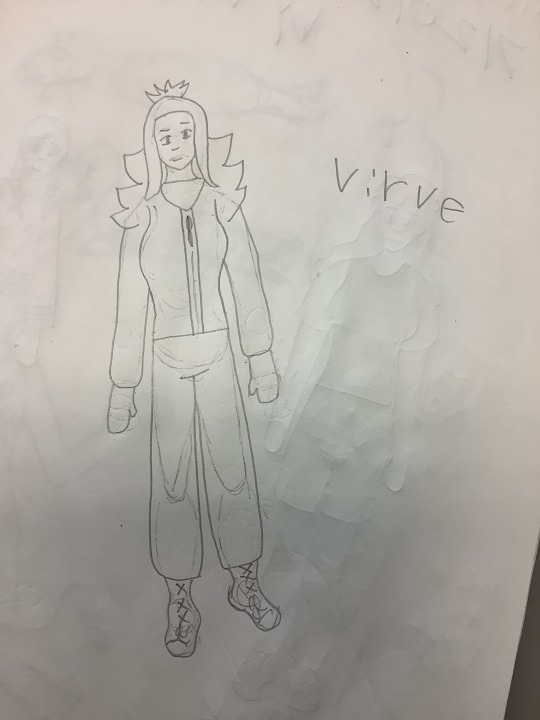
#art#artwork#drawing#pencil#sketchbook#sketching#artists on tumblr#traditional art#artistic#pencil art#hand drawn#myart#oc#Virve#Oc Virve#oc artwork#original character#oc art
0 notes
Text
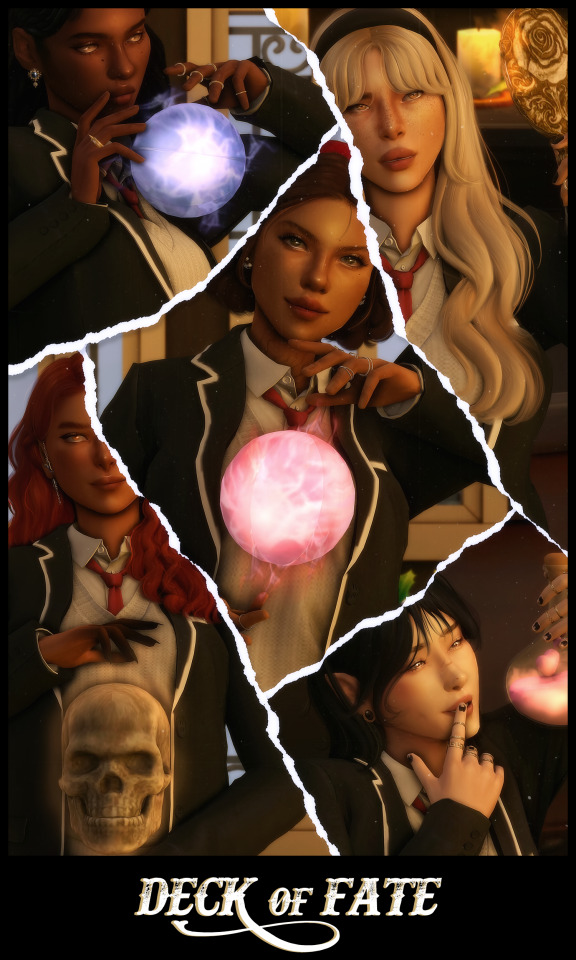
Chapter 1 | Enter the Academy
coming in november.
#YAH#took me long enough smiles cutely#ts4#sims 4#ts4edit#ts4 edit#sims 4 edit#dof#dof 1#dof edit#dof outtakes#chandra*#silver*#kestral*#jinx*#virve*#g*
447 notes
·
View notes
Text

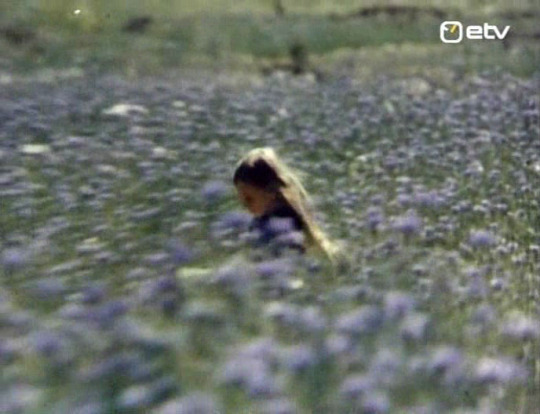
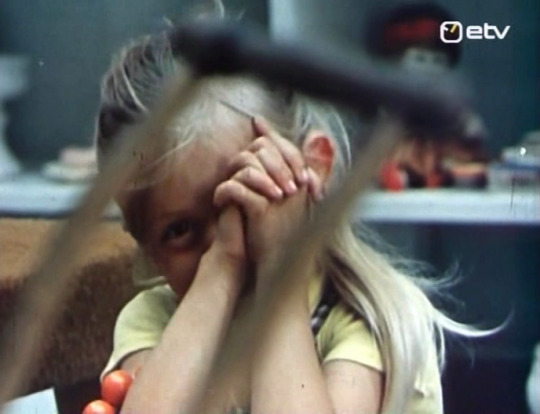


Colorful Dreams (1974, dir. Virve Aruoja & Jaan Tooming)
8 notes
·
View notes
Text
ERC: Gryazin primo leader del Sierra Morena
Il russo è il migliore nella super speciale che ha aperto la gara. Dietro ci sono Stephane Lefebvre, Mads Ostberg e Jos Verstappen. Mabellini è quindicesimo. PS1 Cordoba La stagione 2025 dell’ERC è ufficialmente iniziata con la super speciale d’apertura del Rally Sierra Morena, prova di un chilometro e mezzo interamente artificiale ricavata nelle strade di Cordoba che si è disputata in serata e…
#andrea mabellini#campionato europeo rally#mads ostberg#nikolay gryazin#robert virves#simone tempestini#stephane lefebvre#yoann bonato
0 notes
Text
the more i listen to it the more i like it actually 👀 the lyrics are making me kinda emo as well 😭 "didn't have emmas but now I have five of them, I have to brag"
but especially
ei auttanut itkut seli seli tai mankkaus tää koko tempaus oli käsistä karkaus hopeamitallist euroopan tunnetuin kampaus se on aika iso aluevaltaus
crying didn't help or trying to explain this whole thing went off the rails from a silver medal to the most well known haircut in europe that's a pretty big achievement
&
jos mietit oonko mä ylpee totta vitussa se on selkeet siin on simppeli vastaus sulle - if you're wondering whether i'm proud, the simple answer is that of course I fucking am 😭💚
YES BABY BE PROUD. HEHKUTA SÄ ANSAITSET SEN!! mitä vaan voi tapahtuu ja näin siin vaan kävi! 🔥🔥🔥
haa this new (intro?) song is basically just him flexing (AS HE SHOULD!) gotta love that 🔥 (ty my brother for filming it)
#JA VEDÄN HUOMION PUOLEEN KUIN VIRVELI#and i reel in attention to myself like a fishing rod#I LOVE THE WAY HE WRITES LYRICS OK#someone smarter than me pls write down and translate the lyrics
170 notes
·
View notes
Text

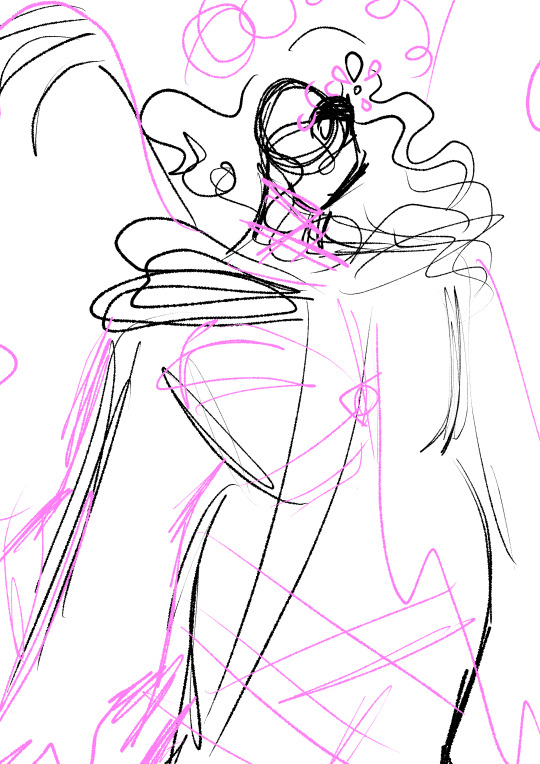

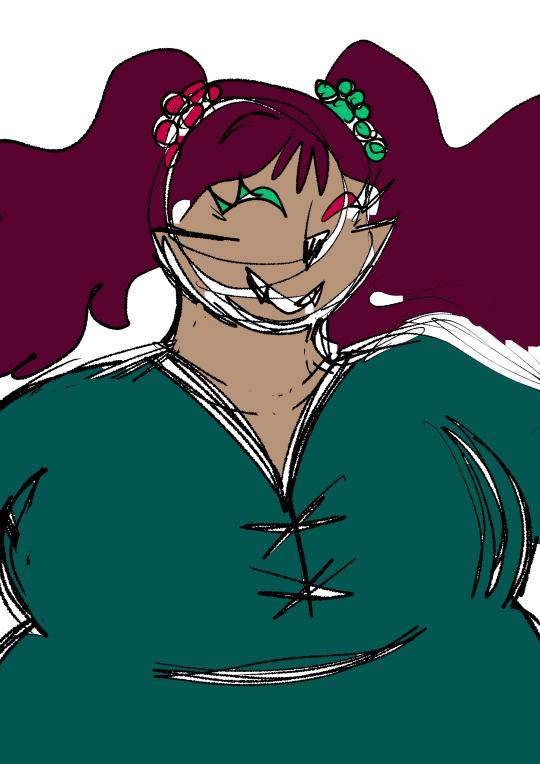

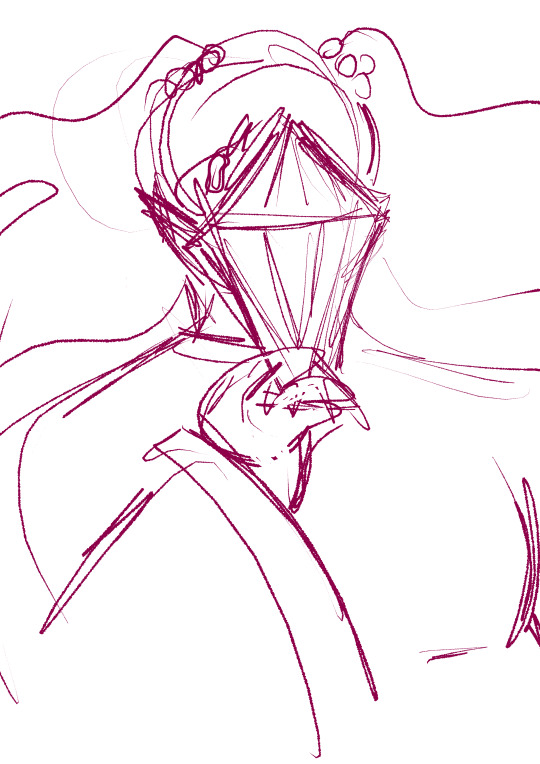
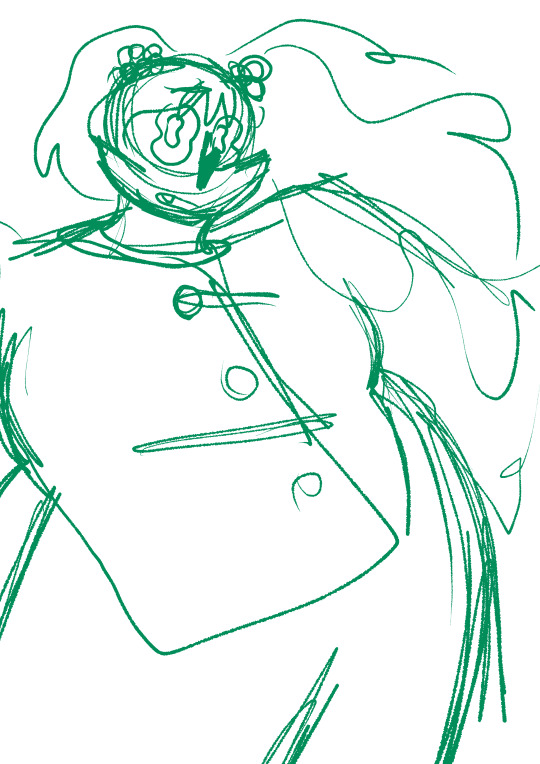



Concept sketches of mostly 3rd gen lore/ocs
#my art#anshiel's art#original characters#original character#ocs#convoluted creation#ansikunst#3rd gen#Froen#Onian#Shell#Virve#Saffi#mari#sketches#digital art
7 notes
·
View notes
Text
I know this probably sounds snobbish or w/e but literally if you're a woman you gotta make sure you're living your life. don't just be on here. don't let your life dry up. you aren't doing anybody any favors you are allowed to be happy like please set time out of your day for fun and silliness and cultivate some of that joie de virve or you'll perish and for what. like who wins. men. fuck em. gotta live.
2K notes
·
View notes
Note
Killer normally: 😐
Killer when his partners viver card starts to burn: 😦
Like that's not normal. Don't think it's supposed to be doing that™ he's so so worried
Viver? Virve? I don't. Feel like looking it up rn
🐧
He's so very worried seeing it burning! What has Luffy gotten you all into, why is your vivre card fading away like that??
You think Killer will die for Kid? He'll do the same for you, get Kid to turn the ship around and head in the direction your card was moving, fight through hell and back to make sure you're okay and he's very likely to try and steal you from the Straw Hats after that. He does trust you, it's Luffy he doesn't trust to keep you safe after this.
Yeah it could lead to a fight with your crew, but Killer won't care, he might even compromise with them to steal you away for a few days at a time.
31 notes
·
View notes
Text
The fact that the stonathan fight scene isn’t constantly being talked about as the most homoerotic event in all of stranger things is proof that many lack inspiration and creativity and JOIE DE VIRVE
10 notes
·
View notes
Text
i feel like wyll ravengard would really fuck with sata salamaa by virve rosti
5 notes
·
View notes
Text
zinai, kaip sakoma "gerose rankose ir virve stovi". bet cia ne apie virves sneku ;---))
3 notes
·
View notes
Text
D.U.D.E Bios: Uinseann Rhydderch
The Clurichaun King of C.R.C Uinseann Rhydderch (2020)
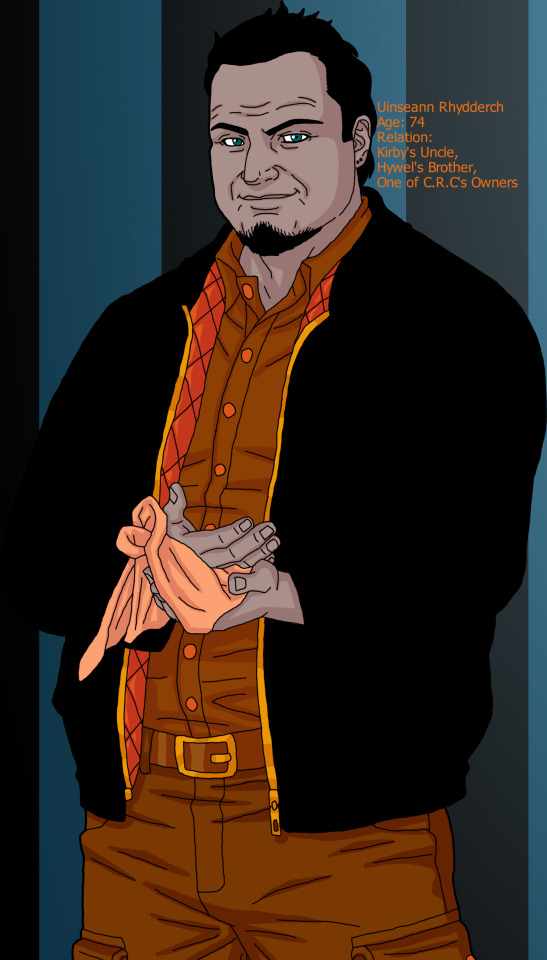
Kirby's uncle and the brother of Hywel, Uinseann. An Irish-Catholic living in Wales and a hard-working, tough and standoffish (at times) father. He takes his work seriously, as serious as humanly possible.
"Don't you dare call me a fuckin' Leprechaun."
Name
Full Legal Name: Uinseann Garbhán Bedwyr Ailill Rhydderch
First Name: Uinseann
Meaning: Irish form of 'Vincent', from the Roman name 'Vincentius', which was derived from Latin 'Vincere' meaning 'To Conquer'
Pronunciation: yoon-SHAWN
Origin: Irish
Middle Name(s): Garbhán, Bedwyr, Ailill
Meaning(s): Garbhán: From Old Irish 'Garbán' meaning 'Little rough one', derived from 'Garb' 'Rough' combined with a diminutive suffix. Bedwyr: Welsh form of 'Bedivere', possibly from 'Bedwen' 'Birch' and 'Gwr' 'Man'. Aillil: Means 'Elf' in Irish
Pronunciation(s): GAR-a-wan/GAR-a-van. BEHD-wir. A-lyil
Origin(s): Irish. Welsh, Welsh Mythology, Arthurian Romance. Old Irish, Irish Mythology
Surname: Rhydderch
Meaning: From the given name 'Rhydderch' from the Old Welsh name 'Riderch', derived from 'Ri' 'King' and 'Derch' 'Exalted'
Pronunciation: HRUDH-ehrkh
Origin: Welsh
Alias: Clurichaun King, Uinseann Rhydderch
Reason: This is Uinseann's ring name
Nicknames: Sean
Titles: Mr
Characteristics
Age: 74
Gender: Male. He/Him Pronouns
Race: Human
Nationality: Welsh. Irish-Welsh Mix. Dual Citizenship ROI-UK
Ethnicity: White
Birth Date: May 14th 1946
Symbols: Clurichauns, Alcohol, Crowns
Sexuality: Heterosexual
Religion: Irish-Catholic
Native Language: Irish
Spoken Languages: Irish, Welsh, Scottish (Scots Gaelic), English
Relationship Status: Married
Astrological Sign: Taurus
Theme Song: 'Wild One'- Jerry Lee Lewis (1964-)
Voice Actor: Brendan O'Carroll
Geographical Characteristics
Birthplace: Tullahought, Kilkenny, Ireland
Current Location: Llanfaethlu, Anglesey, Wales
Hometown: Llanfaethlu, Anglesey, Wales
Appearance
Height: 5'10" / 177 cm
Weight: 200 lbs / 90 kg
Eye Colour: Blue
Hair Colour: (Born Blond) Black
Hair Dye: None
Body Hair: Hairy
Facial Hair: Goatee
Tattoos: (As of Jan 2020) 10
Piercings: Navel, Ear Lobe (Double, Both)
Scars: None
Health and Fitness
Allergies: None
Alcoholic, Smoker, Drug User: Smoker, Social Drinker
Illnesses/Disorders: None Diagnosed
Medications: None
Any Specific Diet: None
Relationships
Allies: (As of Jan 2020) The Rhydderch Clan
Enemies: (As of Jan 2020) None
Friends: Naoise Rhydderch, Rhodri Rhydderch, Yorath Rhydderch, Bran Rhydderch, Delwyn Rhydderch, Fergus Rhydderch, Hywel Rhydderch, Conall Pritchard
Colleagues: The C.R.C Locker Rooms / Too Many To List
Rivals: None
Closest Confidant: Odharnait Rhydderch
Mentor: Gearalt Rhydderch
Significant Other: Odharnait Rhydderch (75, Wife, Née MacCarthy)
Previous Partners: None of Note
Parents: Gearalt Rhydderch (R.I.P, Father), Angharad Rhydderch (101, Mother, Née MacMathan)
Parents-In-Law: Duncan MacCarthy (R.I.P, Father-In-Law), Virve MacCarthy (R.I.P, Mother-In-Law, Née McQueen)
Siblings: Naoise Rhydderch (80, Brother), Rhodri Rhydderch (77, Brother), Yorath Rhydderch (71, Brother), Bran Rhydderch (68, Brother), Delwyn Rhydderch (65, Brother), Fergus Rhydderch (62, Brother), Hywel Rhydderch (59, Brother)
Siblings-In-Law: Talulla Rhydderch (81, Naoise's Wife, Née MacGinnis), Grania Rhydderch (78, Rhodri's Wife, Née Kavanaugh), Deryn Rhydderch (72, Yorath's Wife, Née Heffernan), Meinir Rhydderch (69, Bran's Wife, Née Gallagher), Rhosyn Rhydderch (66, Delwyn's Wife, Née Dougherty), Aoife Rhydderch (63, Fergus' Wife, Née Daugherty), Oda Rhydderch (60, Hywel's Wife, Née Gilchrist), Costas MacCarthy (72, Odharnait's Brother), Gyöngyi MacCarthy (73, Costas' Wife, Née Vantchev), Enikő Viktorov (69, Odharnait's Sister, Née MacCarthy), Gianis Viktorov (70, Enikő's Husband), Emilios MacCarthy (66, Odharnait's Brother), Patrícia MacCarthy (67, Emilios' Wife, Née Yordanov), Jolánka Zahariev (63, Odharnait's Sister, Née MacCarthy), Konstantinos Zahariev (64, Jolánka's Husband), Ioannis MacCarthy (60, Odharnait's Brother), Tündér MacCarthy (61, Ioannis' Wife, Née Zdravkov), Rózsa Andonov (57, Odharnait's Sister, Née MacCarthy), Panagiotis Andonov (58, Rózsa's Husband), Mihalis MacCarthy (54, Odharnait's Brother), Iglé MacCarthy (55, Mihalis' Wife, Née Cvetkov), Virág Danchev (51, Odharnait's Sister, Née MacCarthy), Charon Danchev (52, Virág's Husband), Panayiotis MacCarthy (49, Odharnait's Brother), Nijolė MacCarthy (50, Panayiotis' Wife, Née Filipov)
Nieces & Nephews: Too Many To List
Children: Kathleen Mulrennan (44, Daughter, Née Rhydderch), Sean Rhydderch (41, Son), Wyn Rhydderch (38, Son), Haf McFarlane (35, Daughter, Née Rhydderch), Tydfil McFarland (32, Daughter, Née Rhydderch)
Children-In-Law: Fachtna Mulrennan (45, Kathleen's Husband), Yvette Rhydderch (42, Sean's Wife, Née Plamondon), Ragnhild Rhydderch (39, Wyn's Wife, Née Perreault), Keaton McFarlane (36, Haf's Husband), Keith McFarland (33, Tydfil's Husband)
Grandkids: Eachann Mulrennan (24, Grandson), Aurora Mulrennan (25, Eachann's Wife, Née MacDonald), Daffodil MacDaniel (21, Granddaughter, Née Mulrennan), Grant MacDaniel (22, Daffodil's Husband), Calanthe Mulrennan (18, Granddaughter), Baggi Mulrennan (15, Grandson), Abel Mulrennan (12, Grandson), Zinnia Mulrennan (9, Grandson), Yolanda Mulrennan (6, Granddaughter), Xerxes Mulrennan (3, Grandson), Walker Rhydderch (21, Grandson), Henriika Rhydderch (22, Walker's Wife, Née MacColuim), Velvet Rhydderch (18, Granddaughter), Unni Rhydderch (15, Granddaughter), Talfryn Rhydderch (12, Grandson), Ragna Rhydderch (9, Granddaughter), Queenie Rhydderch (6, Granddaughter), Samson Rhydderch (3, Grandson), Pacey Rhydderch (18, Grandson), Ogden Rhydderch (15, Grandson), Naomi Rhydderch (12, Granddaughter), Madonna Rhydderch (9, Granddaughter), Lachtna Rhydderch (6, Grandson), Kal-El Rhydderch (3, Grandson), Jane McFarlane (15, Granddaughter), Idalia McFarlane (12, Granddaughter), Hall McFarlane (9, Grandson), Gael McFarlane (6, Grandson), Fallon McFarlane (3, Granddaughter), Easter McFarland (12, Granddaughter), Dalton McFarland (9, Grandson), Cadell McFarland (6, Grandson), Barbara McFarland (3, Granddaughter)
Great Grandkids: Eija Mulrennan (4, Great Granddaughter), Gordon Mulrennan (1, Great Grandson), Gregor MacDaniel (1, Great Grandson), Hilla Rhydderch (1, Great Granddaughter)
Wrestling
Billed From: Kilkenny, Ireland
Trainer: The C.R.C Wrestling School, Gearalt Rhydderch
Managers: Odharnait Rhydderch
Wrestlers Managed: Odharnait Rhydderch
Debut: 1964
Debut Match: Uinseann Rhydderch VS Gearalt Rhydderch. Uinseann won via pinfall
Retired: N/A
Retirement Match: N/A
Wrestling Style: Technician / Powerhouse
Stables: The Rhydderch Clan (1964-)
Teams: No Team Names
Regular Moves: Back Body Drop, Bearhug, Bearhug Into A Thrust Spinebuster To The Ring Post, Big Boot, Chokehold, Corner Clothesline, Flying Clothesline, Rebound Clothesline, Arm Twist Ropewalk Chop, Over The Top Rope Suicide Dive, Reverse STO, Running DDT, Running Elbow Drop, Running Leg Drop, Running Leg Drop To An Apron-Hung Opponent, Sidewalk Slam, Snake Eyes, Standing Dragon Sleeper, Arm Drag, Dropkick, Headscissors Takedown, Knee Lift, Running Crossbody
Finishers: Ropewalk Diving Elbow Chop, Heart Punch, One-Handed Clawhold, Elevated Powerbomb, Triangle Choke, Chokeslam, Tombstone Piledriver, Figure-Four Leglock, Flying Forearm Smash
Refers To Fans As: The Fans, The Family
Extras
Backstory: Uinseann Rhydderch of the C.R.C (Welsh Wrestling League / Cynghrair Reslo Cymru) owning Rhydderch family. Uinseann has a 1/8th ownership of the promotion and is the head 'Clurichaun Style' (Technician mixed with Powerhouse) trainer. He's Half-Irish, Half-Welsh
Trivia: Nothing of Note
#D.U.D.E#original character#Rhydderch#C.R.C Wrestling School#C.R.C Wrestling Promotion#C.R.C Wrestling Family#Rhydderch Clan
7 notes
·
View notes

